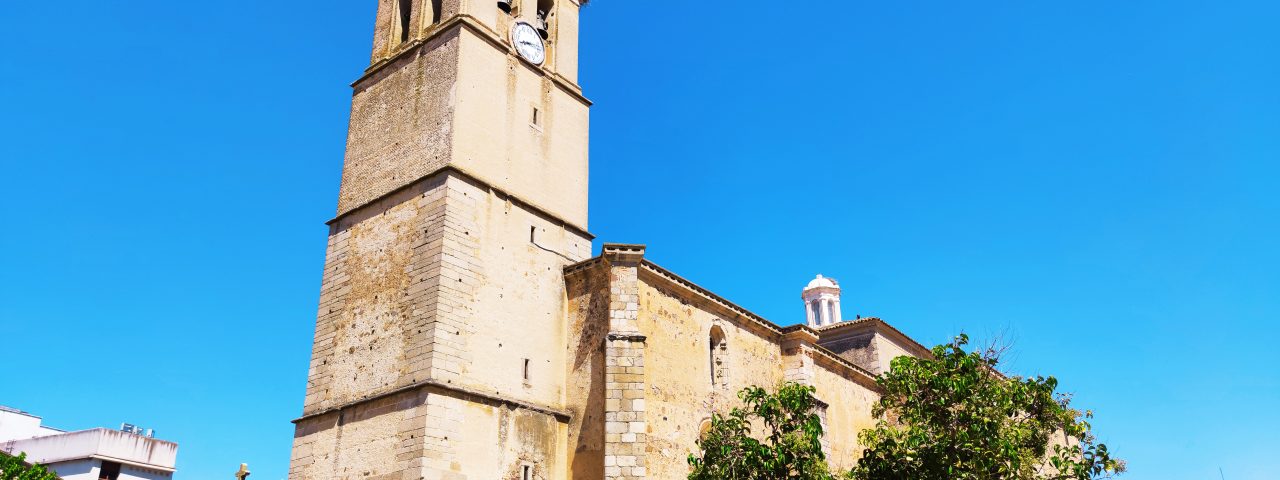Montijo boasts a rich and varied history that dates back to Roman times. The city, like much of Extremadura, has been influenced by several civilizations, including the Romans, Visigoths, and Moors, all of whom left their mark on its architecture and culture. After the Christian Reconquista in the 13th century, Montijo became a prominent part of the Kingdom of Castile. The city’s historical significance continued through the centuries, particularly during the 16th and 17th centuries, when Extremadura became the launching point for many explorers heading to the New World.
Culturally, Montijo celebrates many traditional Spanish festivals, with a strong emphasis on religious observances and agricultural traditions. One of the most notable celebrations is Semana Santa (Holy Week), where the city’s streets are filled with processions, religious statues, and elaborate decorations. Another highlight is the Feria de Montijo, which takes place every September and includes horse parades, bullfights, live music, and street markets.
Montijo also maintains a connection to its agricultural roots, with local customs that emphasize the importance of farming and community gatherings. Visitors can experience these traditions firsthand, particularly during local fairs and markets, where regional produce and handmade goods are celebrated.
